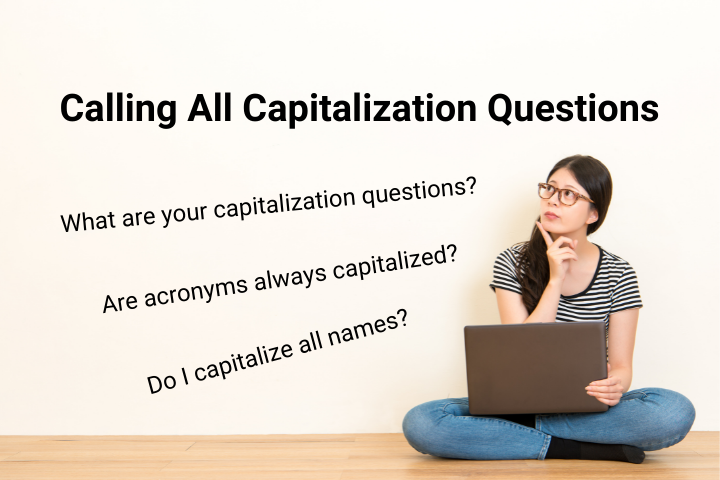
Writing on Behalf Of
It’s not easy writing on behalf of someone else, especially when that someone is a senior leader. You may be asked to draft letters or emails for executive director, board chair, or deputy minister, often with little direction and a quick turnaround. You’re expected to get the tone right, stay on message, and reflect the leader’s voice while ensuring the message is respectful, audience-focused, and clear. It can feel like a balancing act, where one wrong word or overly formal phrase risks damaging credibility or losing the reader’s trust.
Across all sectors, public, non-profit, and private, written correspondence shapes how people experience leadership. Messages that are too complex, formal, or jargon-filled can leave the public, clients, or partners feeling ignored or confused. Poorly written correspondence can weaken relationships, cause confusion, and damage an organization’s reputation. Thoughtful, accessible communication is more than good service; it’s a leadership responsibility.
This hands-on workshop gives you practical tools to write with clarity and confidence. You’ll work with real examples, analyze incoming inquiries, and apply strategies that reflect a leader’s voice while staying grounded in plain language. Through guided exercises and discussion, you’ll learn to respond to sensitive topics, make intentional decisions about tone, and ensure messages are respectful and easy to understand.
You’ll leave with tools, templates, and a reliable process for writing on behalf of others. Whether you're responding to a public inquiry, drafting formal correspondence, or handling a sensitive issue, you’ll be better equipped to write messages that are professional, diplomatic, and easy for readers to connect with.

- Write from the reader’s point of view, focusing on their needs, concerns, and expectations.
- Analyze letters or emails to identify key concerns and determine an appropriate response.
- Respond to questions, concerns, or complaints in a clear, relevant, and constructive way.
- Address sensitive topics with a respectful, solution-focused tone that shows empathy and builds trust.
- Craft strong openings and closings that draw readers in and leave a positive impression.
- Ensure content is clear, relevant, and directly addresses the issue raised.
- Replace technical or bureaucratic language with plain, accessible alternatives.
- Format correspondence using headings, bullet points, and white space for easy reading.

This workshop is for professionals who draft written responses for senior leaders in government, non-profit, or corporate settings. If you're expected to write clearly and diplomatically in someone else’s voice, often with limited direction, this session will help you feel more confident and prepared.
You should attend if you
- Draft letters, emails, or responses for executives, directors, or senior officials
- Struggle to capture the tone or voice of the person you're writing for
- Want help simplifying formal or bureaucratic language while keeping the message professional
- Are asked to respond to public inquiries, complaints, or sensitive issues in writing
- Need strategies for improving clarity, consistency, and tone across correspondence
By the end of this workshop, you’ll have a clear process, writing tools, and examples to help you craft messages that reflect your leader’s voice while strengthening relationships with the public or partners.

This interactive workshop gives you structured time and tools to write responses on behalf of others with clarity, tone, and professionalism. You’ll work through real examples, reflect on tone and audience expectations, and collaborate with others to develop and revise sample replies. Guided discussion, hands-on writing tasks, and facilitated feedback help you build skill and confidence while staying grounded in real-life communication challenges.
Workshop activities include
- Analyzing public letters or emails and determining appropriate responses
- Rewriting samples to reflect tone, purpose, and organizational voice
- Identifying and replacing jargon with plain, respectful language
- Practising clear openings and closings
- Crafting responses to sensitive or complex issues
- Applying a reader-focused lens to communication tasks
- Participating in structured peer feedback and action planning





